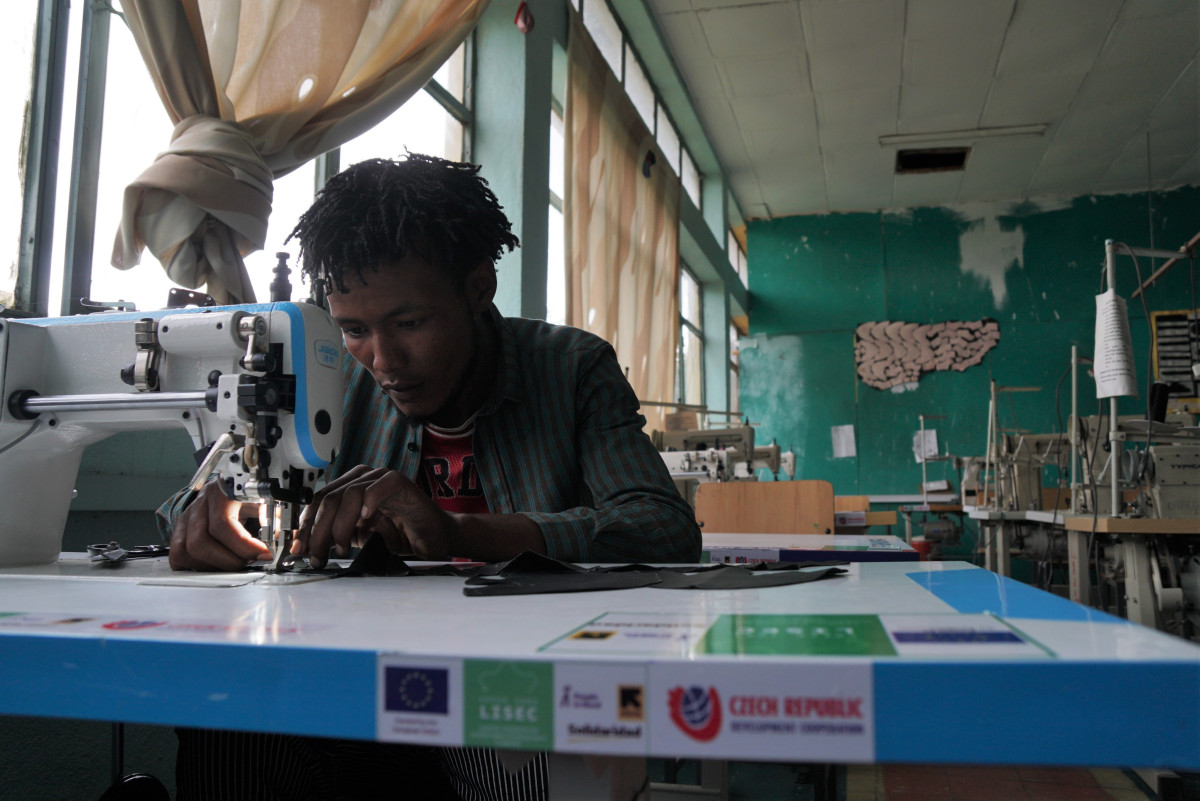Education and training push for a revived leather sector
Published: Apr 4, 2024 Reading time: 2 minutes Share: Share an articleDespite boasting 11 tanneries around Modjo in Ethiopia, the leather sector has long suffered from a shortage of skilled professionals. The Leather initiative for Sustainable Employment Creation (LISEC)/Green Jobs Initiative addresses these issues and youth employment through collaborations with Technical, Vocational, and Educational Training (TVET) colleges and polytechnic institutes.

The Modjo TVET College is one of the establishments that has benefitted from this support. For former college Dean Abinet Seyfu, it was a pivotal moment for the leather department.
Unemployed youths now have access to quality training and entrepreneurship support, and the college is bridging a long-standing gap.
Located 56 km east of Addis Ababa, Modjo TVET College has faced challenges in producing a skilled workforce due to limited resources. The leather training programme was launched in 2014, although the college lacked the resources and guidances required.
The LISEC support brought 22 leather sewing machines and more than 240 people have now been trained in footwear, leather goods, and leather processing technology. Many trainees have since established their own businesses or found employment.
The LISEC project, a consortium implemented by People in Need (PIN), the International Rescue Committee (IRC), and Solidaridad, is funded by the European Union and co-funded by the Czech Development Agency. Thus far, the project has addressed the knowledge gap by supporting 605 unemployed women and youths across five TVET and polytechnic colleges in Modjo City, enabling them to enroll and undergo short-term training.

